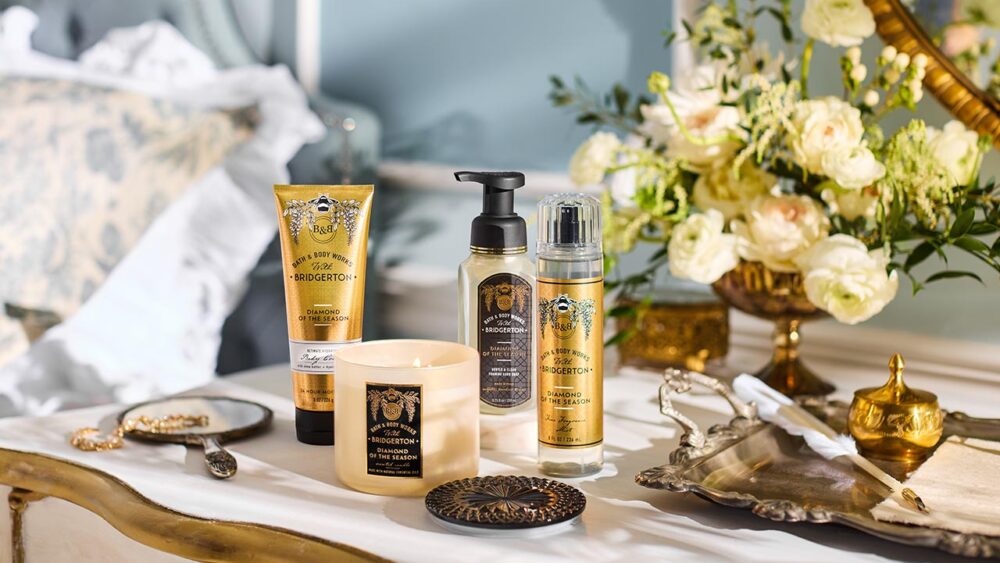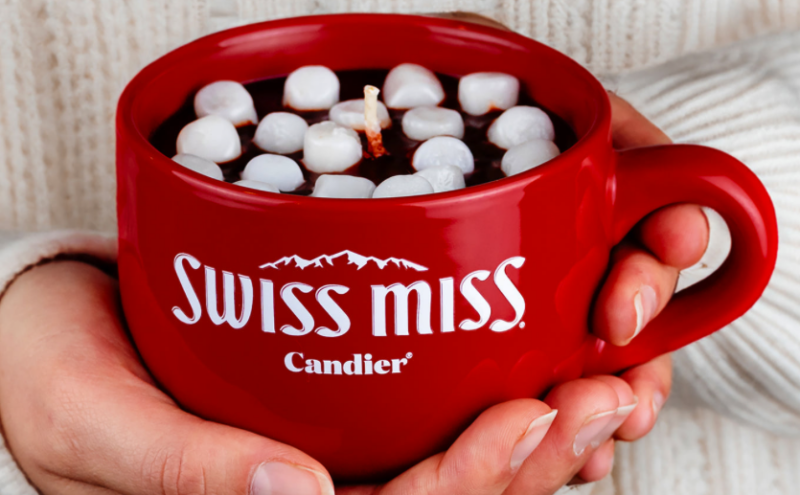This is how much bacteria is spread when you blow out birthday candles

It’s an age-old tradition: blowing out the birthday candles on your cake, and doing so in one hearty breath if at all possible.
As a party-goer, you may have wondered, at some point, just how many germs were sprayed all over the cake after the “Happy Birthday” chorus concluded. We finally have an answer, thanks to a study from Clemson University for which researchers re-created a birthday scene, complete with the eating of pizza and the blowing out of candles.
According to the study, which was published in the Journal of Food Research, blowing out candles results in 1,400 percent more bacteria being spread across the sugary sweet frosting topping compared to icing that wasn’t huffed and puffed on.
And we’re guessing it’s probably even more if you’re attending the birthday party of a super-excited kid who needs to be reminded to “say it, don’t spray it” from time to time.
Should We Do Away With This Tradition Entirely?
But we’re not here to be total party poopers!
Those germs? They’re pretty harmless, aside from triggering panic attacks in party-going germaphobes. Even the title of the report, “Bacterial Transfer Associated with Blowing out Candles on a Birthday Cake,” could be enough to make you want to BYOC (Bring Your Own Cake) to the next party you attend.
But the study’s author, Paul Dawson, a professor of food safety, told The Atlantic that his findings shouldn’t ruin birthday cake for you. “It’s not a big health concern in my perspective,” he told the publication. “In reality if you did this 100,000 times, then the chance of getting sick would probably be very minimal.”
In other words, “let them eat cake.”
Behind The Scenes Of This Ick-Inducing Study
To carry out the study, Dawson’s students first had a pizza party in order to imitate how salivary glands would be working at a real-life birthday party. Then, using a frosted piece of foil that was layered over a styrofoam base, the candles were lit and then blown out.
Instead of eating the cake, though, the next task was doing a bacteria count. (What kind of party is this?!)
On average, blowing out the birthday cake candles increased the amount of bacteria lurking on the frosting by 14 times. But Dawson told The Atlantic that he was surprised how much the numbers varied. In some cases, blowing out candles resulted in 14 times more bacteria. Other times, the bacteria transfer was extremely high, at 120 times.
For their next study, we’d love them to find out how many germs coat the cake when those trick candles that re-ignite are involved.






